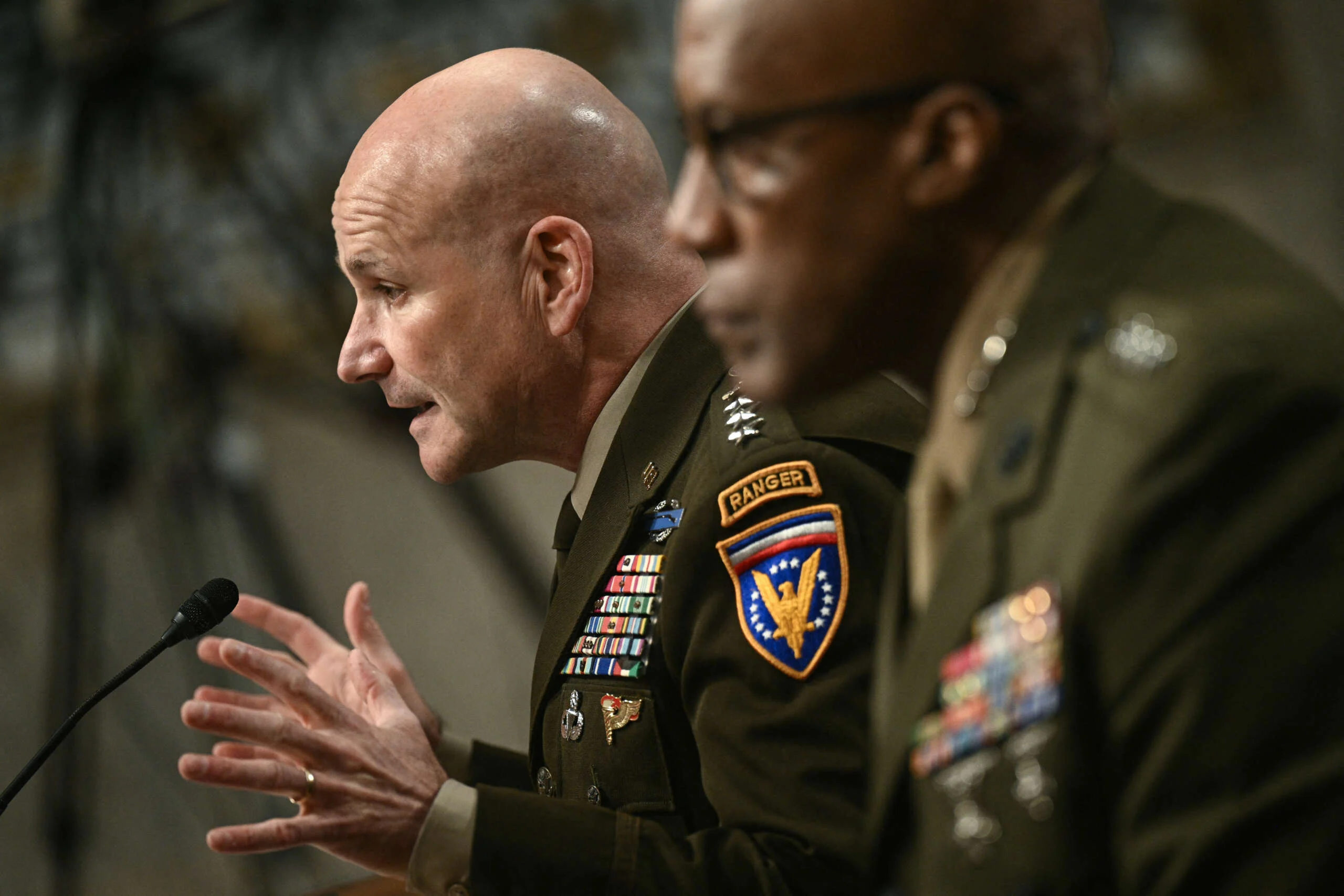War Machines vs. Hospital Beds: The Hidden Cost of "National Security"

The truth is stark and simple: Our nation already possesses the financial resources to fund robust social programs. Yet, we consistently make a deliberate choice to prioritize military spending over the well-being of our own citizens.
Every year, billions of dollars are funneled into defense budgets and military operations, while critical social services—healthcare, education, infrastructure, and support for vulnerable populations—remain chronically underfunded. This isn't a matter of lacking funds, but a fundamental misallocation of our collective resources.
Imagine redirecting even a fraction of our military expenditures toward addressing poverty, improving healthcare access, or creating educational opportunities. The transformative potential is immense. We have the money; what we lack is the political will to invest in people rather than perpetuating a cycle of conflict.
Our priorities reveal our values. By continuing to choose warfare over welfare, we are making a profound statement about what—and who—we truly consider important in our society. It's time to reimagine our national spending, placing human dignity and community well-being at the center of our economic decisions.
